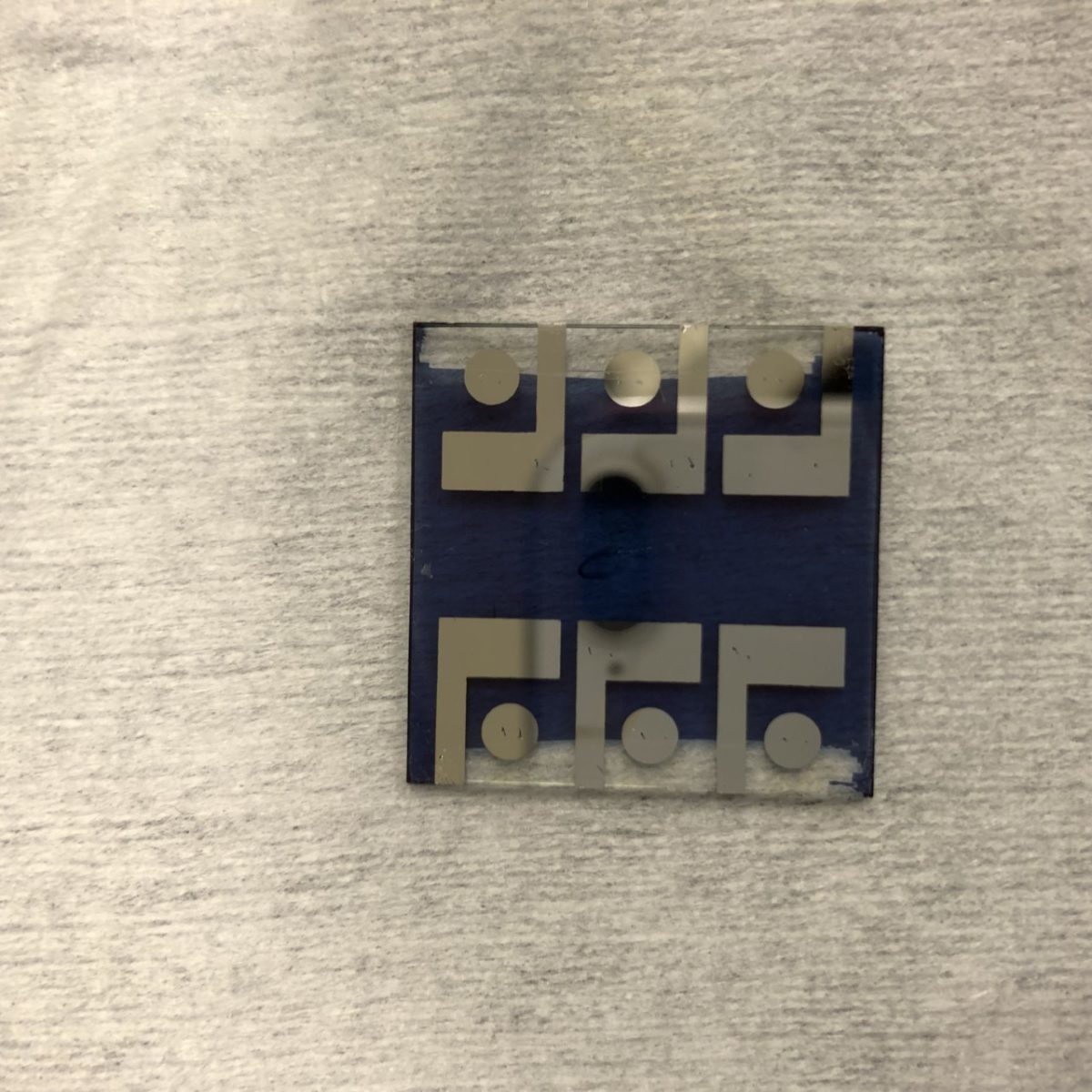From pv magazine Global
Researchers from the King Abdullah University of Science and Technology (KAUST), in Saudi Arabia, have fabricated an organic solar cell with an ultra-thin electrode coating that is claimed to raise the efficiency of this kind of PV device by 0.9%.
The scientists decided to build the electrode with a hole-transporting molecule called Br-2PACz and not with commonly-used thin films based on PEDOT:PSS, which is a conjugating-based polythiophene polymer. This compound was bound to an indium tin oxide (ITO) electrode to form a single-molecule layer.
The new coating was tested on an organic cell developed by the KAUST scientists and its efficiency rose from 17.5% to 18.4%. “Br-2PACz increased the cell’s efficiency in several ways,” the research group explained. “Compared with its rival, it caused less electrical resistance; improved hole transport; and allowed more light to shine through to the absorbing layer.”
Moreover, the Br-2PACz also improved the structure of the light-absorbing layer itself, which the scientists attributed to the coating process. The latter is claimed, in fact, to enable the recyclability of the solar cell, as the ITO electrode can be removed from the cell’s coating and be used for other applications.
The discovery of the new material for the electrode coating, according to the Saudi team, may revolutionise the research in organic solar. “We believe Br-2PACz has the potential to replace PEDOT:PSS due to its low cost and high performance,” said KAUST researcher Yuanbao Lin.
This content is protected by copyright and may not be reused. If you want to cooperate with us and would like to reuse some of our content, please contact: editors@pv-magazine.com.









By submitting this form you agree to pv magazine using your data for the purposes of publishing your comment.
Your personal data will only be disclosed or otherwise transmitted to third parties for the purposes of spam filtering or if this is necessary for technical maintenance of the website. Any other transfer to third parties will not take place unless this is justified on the basis of applicable data protection regulations or if pv magazine is legally obliged to do so.
You may revoke this consent at any time with effect for the future, in which case your personal data will be deleted immediately. Otherwise, your data will be deleted if pv magazine has processed your request or the purpose of data storage is fulfilled.
Further information on data privacy can be found in our Data Protection Policy.